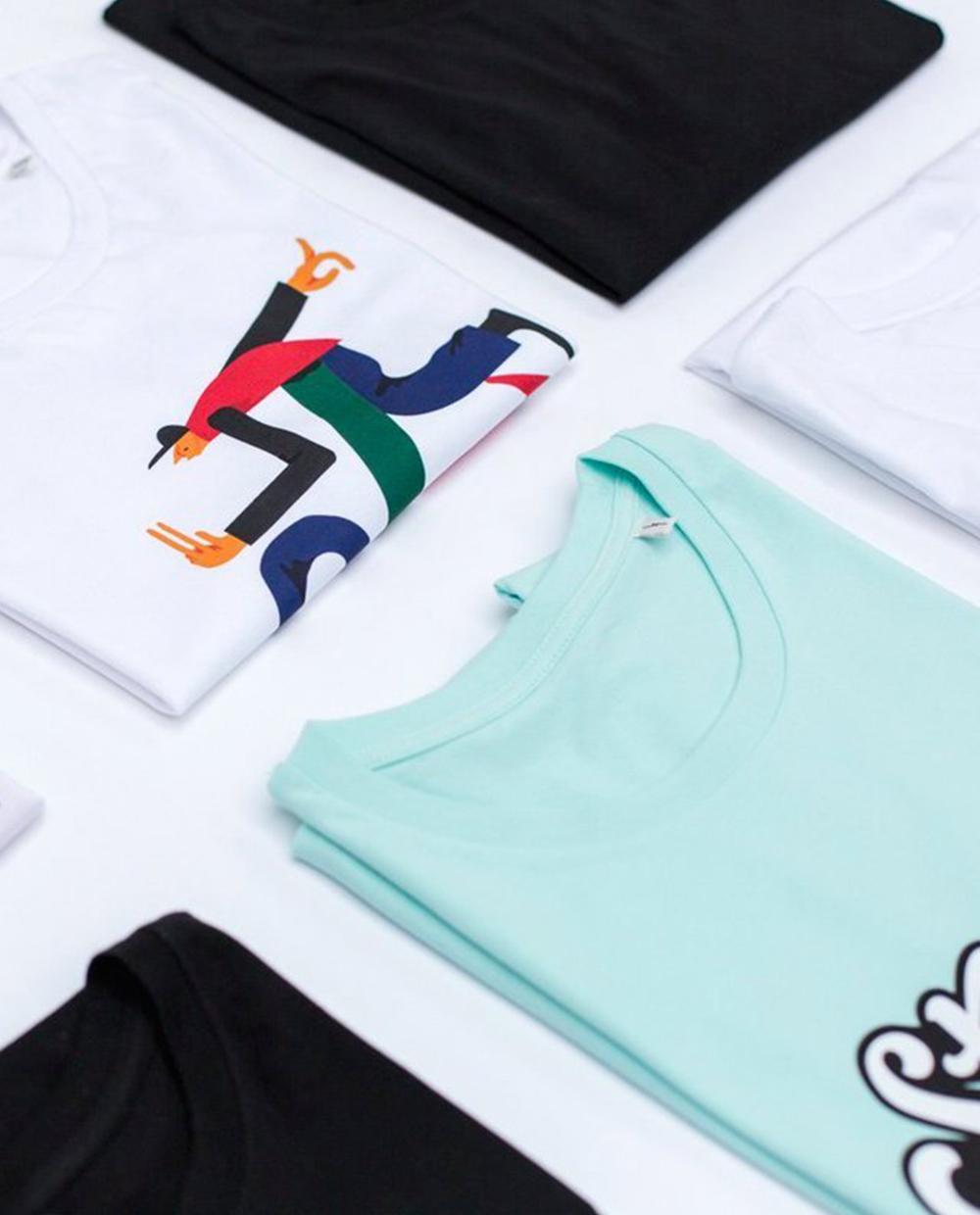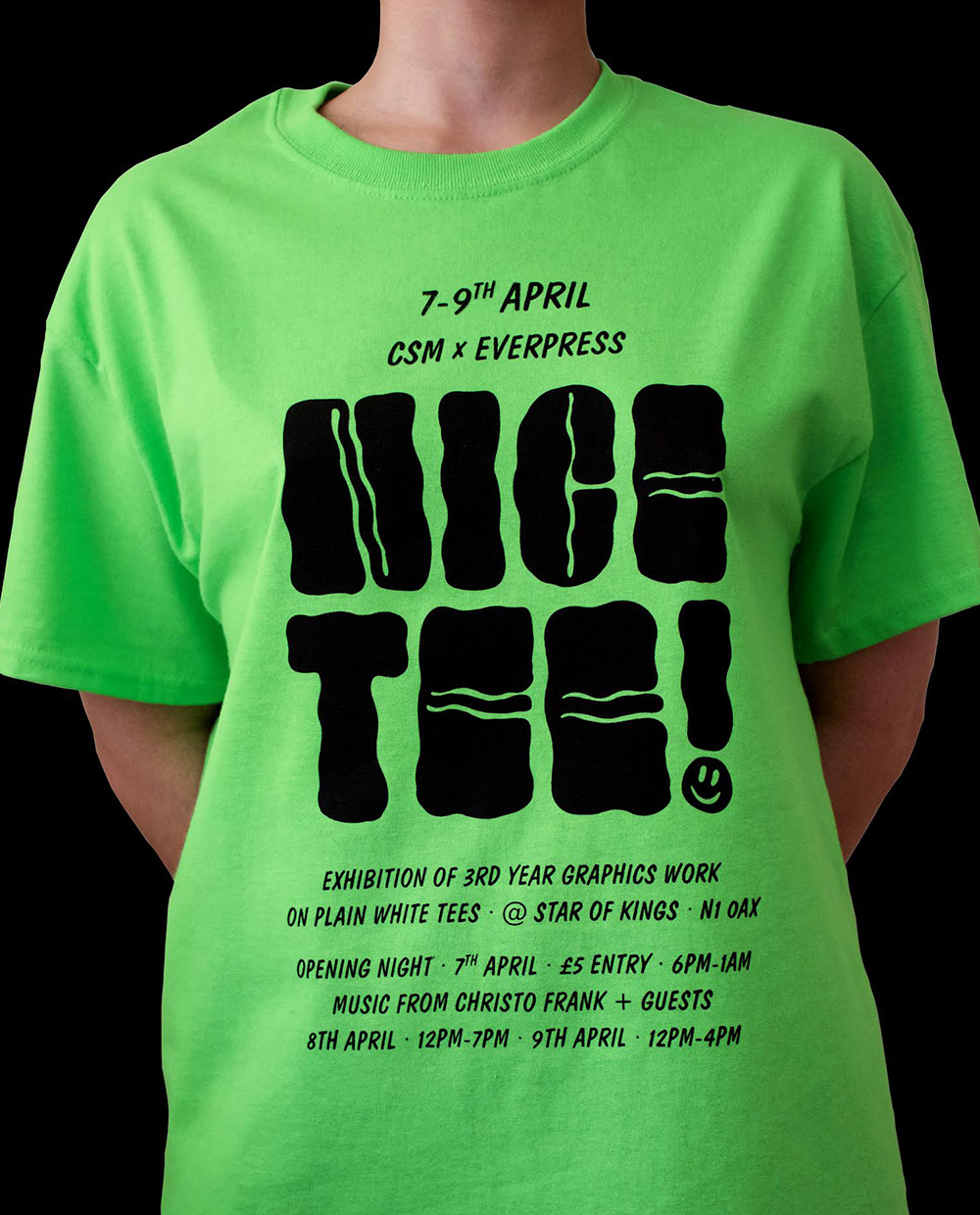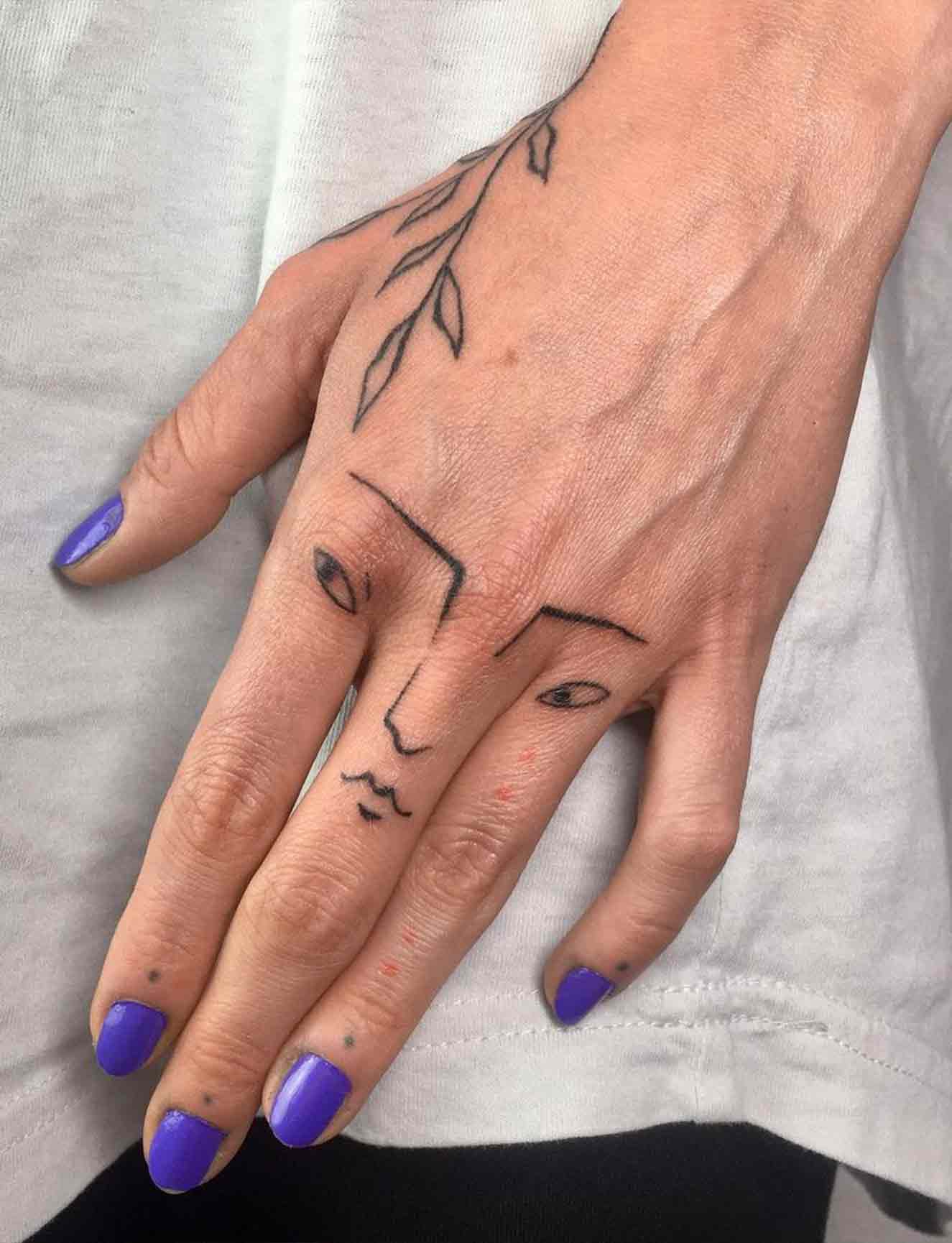What do I do if I feel like I’m being discriminated against at work? How do I go about navigating the right conversations safely?
KARYS: Discrimination is the reality for lots of people and is incredibly scary, especially when you consider how much time we spend working. I think the first step to this is to understand what constitutes discrimination under the 2010 Equality Act, which is the framework by which workplace discrimination can be reviewed and understood. Equality Human Rights have this really helpful page which breaks down the different types of discrimination.
In terms of feeling that you’re being discriminated against, one of the best things you can do is find people to confide in, who can offer you support. There’s a few different ways you can seek this out, both within your workplace and outside of it. If you’re lucky enough to have a close friend who works in HR it’s a good idea to speak to them to help map out what your next steps can be, or alternatively you can ring ACAS, who give free independent HR advice. Internally, if you feel comfortable speaking to your HR rep then do this, they can be really helpful in handling things with discretion and having those direct conversations that you might not feel equipped for.
Protect yourself and serve your needs
Finally, you might decide to take formal action, or to not; both are valid responses. If you decide to take formal action, both the company and the individual(/s) who are responsible for the discrimination will be liable for repayments, a third party will often advise on this. If you decide to leave the workplace but do not want to take formal action, you can still make the company aware of your treatment by asking for an exit interview, or even by using anonymous feedback forums while you are still an employee.
The most important thing when experiencing discrimination is to ensure your personal safety and wellbeing is protected. You need to do whatever is in your capacity to protect yourself and serve your needs.
What help is out there for Black and Brown professionals who have experienced indifference in the workplace in the past? I am looking for help to get closure.
ABADESI: Getting closure from workplace racial trauma can take years, I know from personal experience as I am still dealing with things I faced in previous jobs. What I’ve found really helpful is therapy – having a professional to discuss issues with, who can offer advice too, has been transformative. Consider seeking help from a counsellor, therapist or any other trained mental health professional. There are also communities like Black Girl Therapy, who offer great social events and advice too.
As a privileged white person, what can we do to become strong allies for people of colour?
ABADESI: White people can play a powerful role within white communities to educate each other in how to be anti-racist and how to behave in a more inclusive way. For example, by spending some time reading about microaggressions and how these often seemingly innocuous phrases can have devastating mental health repercussions for people of colour. By working alongside other people who do not experience systemic racism you can leverage your privilege to challenge these systems and create a fairer future.
What’s the best thing to do if I mess up? Say by using the wrong language repeatedly.
ABADESI: The best thing you can do is set a personal improvement challenge for yourself. If you are in the habit of interrupting in meetings, can you set a personal challenge to yourself to not start speaking until someone has finished making their point? If there’s a phrase you keep saying, can you challenge yourself to donate to the Black Lives Matter movement every time you say it, so that your brain eventually starts to rewrite itself to be more cognisant of that? Think about it like any other bad habit you want to break, maybe drinking too much or smoking, reflect on how you managed to change that and then apply those principles here.
Set a personal improvement challenge for yourself
How do I detect and address my own micro-behaviours, and is it ok for me to do the same for others?
ABADESI: There are a lot of great free resources online to help understand what behaviour and phrases are problematic, Uncomfortable Conversations With A Black Man, Lean In and Ziwe’s YouTube channel to name a few. Deepening your understanding will help you navigate these issues with more confidence. When it comes to calling out behaviour, check your privilege and make sure you’re aware of which dominant groups you are a part of as you chime in with your view and perspective. It could be problematic if you’re challenging the behaviour of someone who doesn’t share your privileges and who faces greater systemic injustice themselves.
How does a company attract diverse candidates for job roles that are dominated by one ethnicity?
JAZ: Two things come to mind. The first is to champion and raise the profile of people in job roles across your organisation, in a way that showcases their diversity beyond just their race, gender and sexuality. Of course this is within reason, in terms of what people feel comfortable sharing. Essentially this is about showcasing that you’re interested in people as people, and that you want to foster an inclusive environment.
The second thing you can do ties to a concept in marketing; that you need to see a brand seven times before you make a purchase. As a diverse candidate myself, I really take note of organisations who, even if they don’t have any vacancies, are sponsoring key events within my community, appearing in the publications that I read, coming on podcasts that I listen to, and taking the time to come to where I am. So have a look at who you’re partnering with, the communities that you’re supporting, and be present, it’s about genuinely understanding and making connections there.
What’s the best thing to do, beyond day-to-day work, to increase meaningful diversity in the workplace?
JAZ: There’s plenty of organisations you can support, organisations that really help to build access to opportunities for different groups. You can also be involved in mentorship programmes, there are a few that allow you to go in and sort of flip the script, and find a mentee that is the complete opposite of you. The value of this is that you’re widening your network, and diversifying the pool of people you connect with and vice versa.
Hold organisations to account
In terms of holding organisations to account, think really, really carefully the next time you make a purchase. In the same way that we want to know that companies are doing right by the environment, it’s important to be aware of how they treat their people, and what they are doing in terms of their approach to inclusion and belonging. That’s not just about diversity either. Companies can have the numbers but still be treating their staff atrociously, or not be making any efforts to include previously excluded groups. So hold those organisations to account, and choose to purchase from companies who are creating a more equitable environment and economy.
Read More: Diversity & Inclusion: An Update






